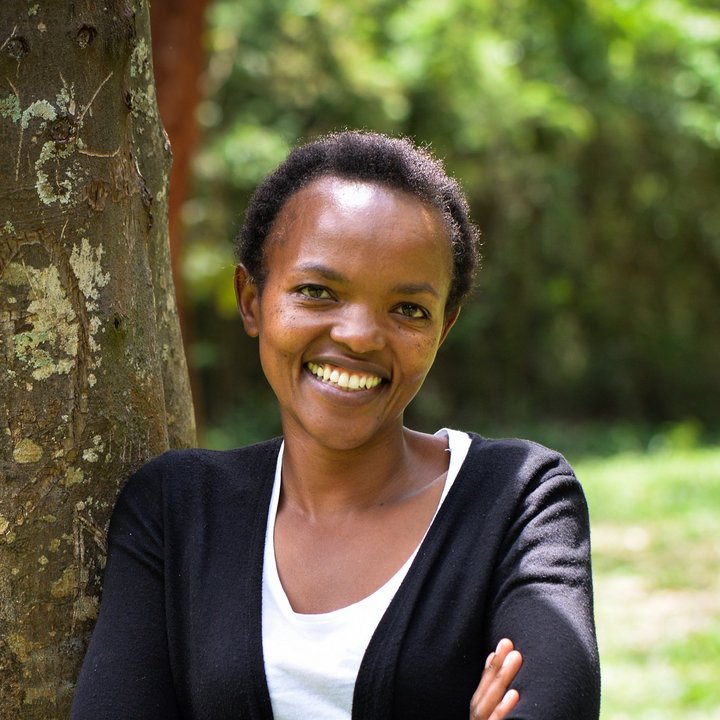Corporate responsibility for redressing human rights violations from the colonial era


This research project is being conducted at the Institute of Business Ethics under the direction of Prof. Dr. Florian Wettstein.
A case study from Kenya
Business and colonial-era human rights abuses are an issue that the BHR movement has not yet addressed. The September 2019 petition to UN Special Rapporteur Fabián Salvioli to promote truth, justice, reparations, and guarantees of non-recurrence raises this issue. Kenyan communities, the Kipsigis and Talai, whose descendants were forcibly evicted from their land to make way for European settlers and some companies, have petitioned the UN Special Rapporteur. The majority of the settlers left the land after the end of colonial rule, but the companies remained, and today they (British multinationals) own this land (on leasehold), on which they continue to grow tea for export to Europe and beyond. Apart from the loss of land, the displaced people continue to suffer from the negative impacts, which have worsened over the years, and now want to remedy the situation. In March 2020, the Kenya National Land Commission (NLC) ruled that the land rightfully belongs to the two communities and that the companies involved should apologize (NLC, 2020). However, the companies have shown no willingness to engage in dialogue on this issue.
While the issue of reparations for colonization has received some attention as part of the debate on reparations obligations of former colonial masters (OHCHR, 2019), corporate responsibility for those who have benefited and continue to benefit from this legacy has not been discussed.
This research will address why and what that responsibility should be. The basis of the research is the United Nations-supported norms on business and human rights, the Protect, Respect and Remedy Framework (PRR) (Office of the UN High Commissioner for Human Rights, 2008) and the Guiding Principles on Business and Human Rights (UNGPs) (OHCHR, 2011).
Research Assistant